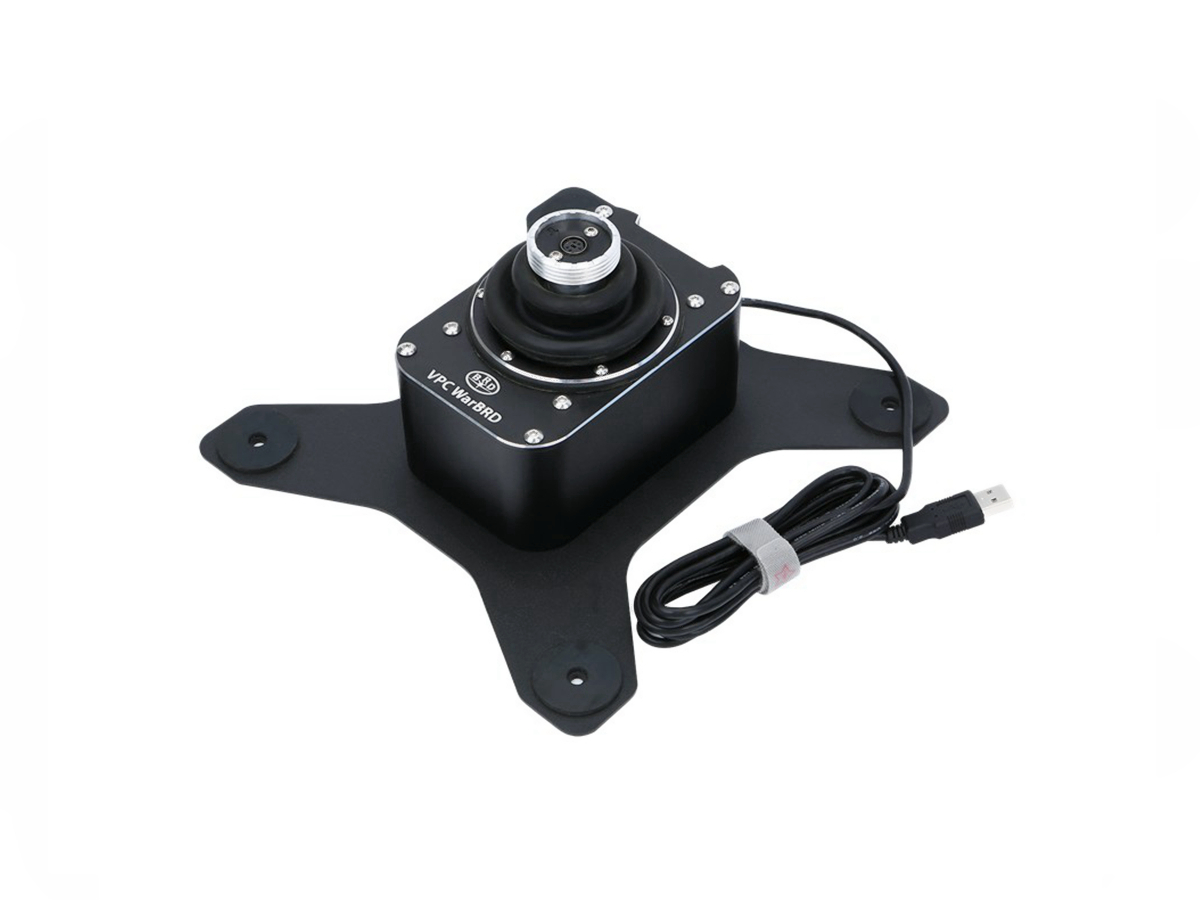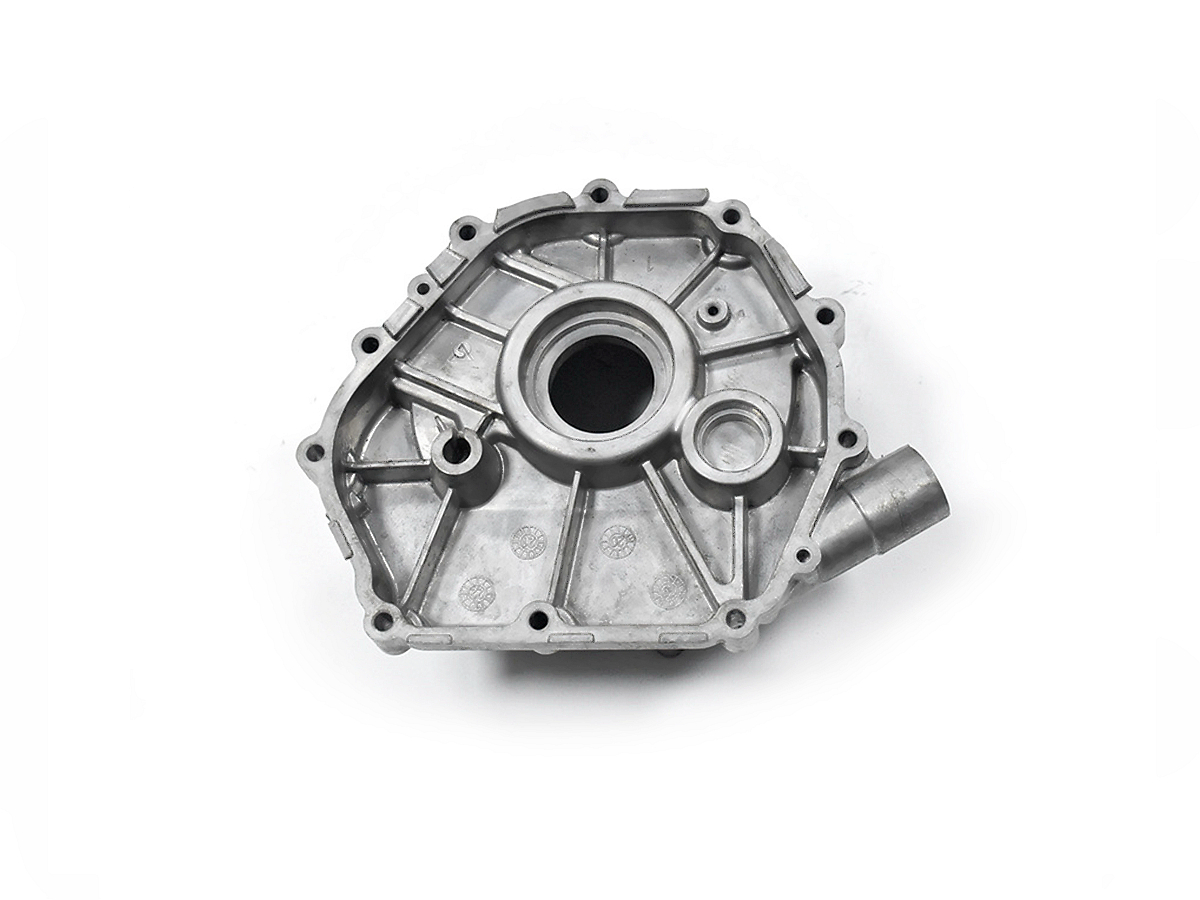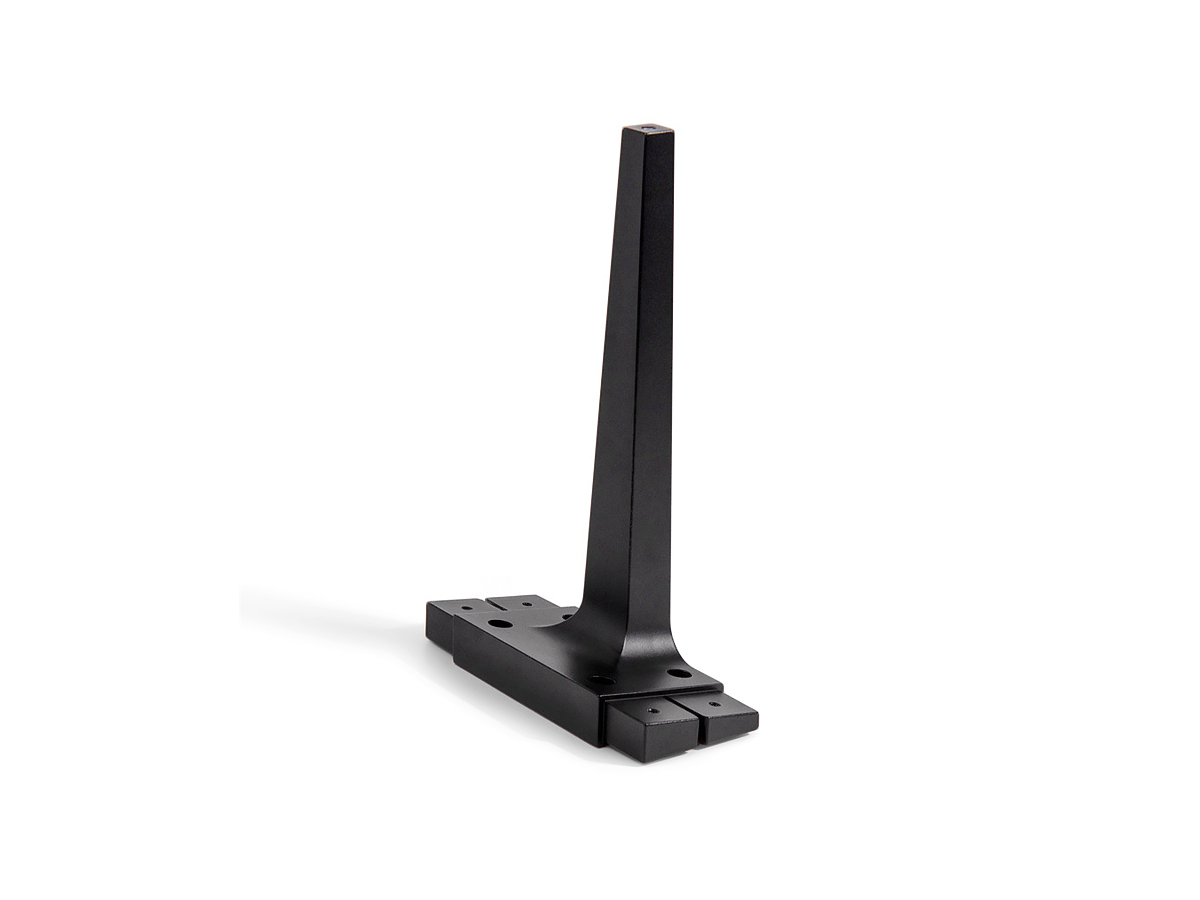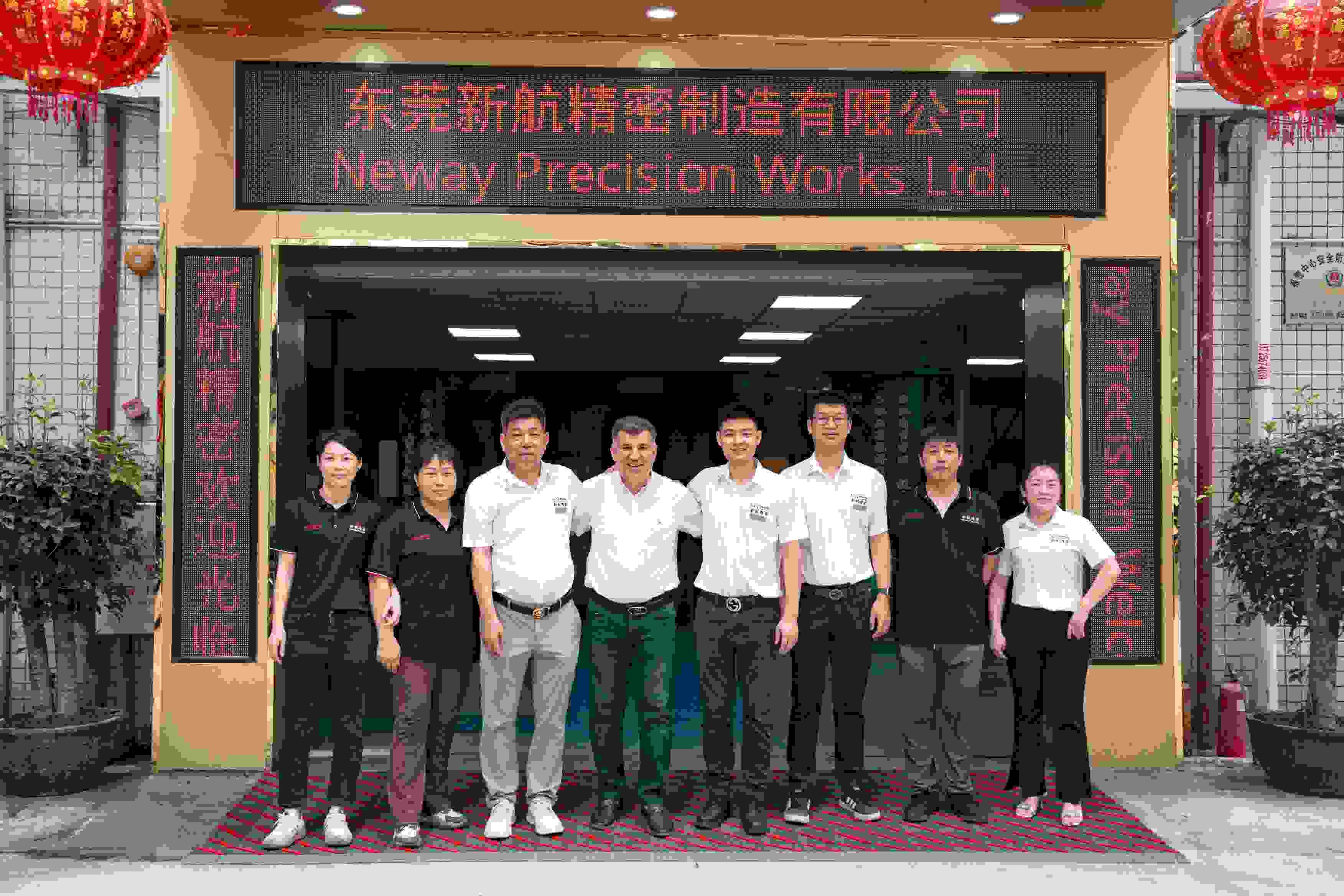Engineering Excellence in Metal Casting: Performance and Durability
 High-performance applications in sectors such as automotive, aerospace, marine, and industrial automation require metal components that can endure extreme operating conditions while maintaining dimensional stability and reliability. At Neway, we deliver engineering-grade metal casting solutions by combining precision tooling, material expertise, and advanced process control. Our casting capabilities are tailored to meet demanding functional, mechanical, and environmental specifications, ensuring long-term durability and consistent performance.
High-performance applications in sectors such as automotive, aerospace, marine, and industrial automation require metal components that can endure extreme operating conditions while maintaining dimensional stability and reliability. At Neway, we deliver engineering-grade metal casting solutions by combining precision tooling, material expertise, and advanced process control. Our casting capabilities are tailored to meet demanding functional, mechanical, and environmental specifications, ensuring long-term durability and consistent performance.
Backed by a wide portfolio of casting materials, integrated tooling, and robust post-processing, Neway provides end-to-end value for projects ranging from prototype development to full-scale mass production.
What Defines Performance and Durability in Metal Castings?
Performance and durability are key metrics for evaluating cast parts, especially in structural or mission-critical systems. These qualities are determined by:
Mechanical Strength: Resistance to static loads, cyclic stress, impact, and deformation under working conditions
Thermal Stability: The ability to retain mechanical properties and shape across elevated or fluctuating temperatures
Corrosion Resistance: Resistance to chemical degradation, oxidation, salt spray, or industrial pollutants
Dimensional Accuracy: Achieving and maintaining specified tolerances through large-scale manufacturing and over-product lifecycle
At Neway, these attributes are embedded in every project from the earliest design stages through final inspection and delivery.
High-Performance Alloys for Demanding Applications
Material selection is critical for ensuring cast components meet application-specific requirements such as tensile load capacity, environmental exposure, conductivity, or wear resistance.
Aluminum Alloys
A380: Offers excellent castability, pressure tightness, and strength-to-weight ratio, with a typical tensile strength of ~317 MPa and good thermal conductivity (96 W/m·K)
A356: Known for improved ductility, corrosion resistance, and weldability, especially when used in heat-treated conditions (T6)
AlSi12: Provides superior fluidity for thin-wall castings and is ideal for high-pressure environments
Zinc Alloys
Zamak 3: A widely used general-purpose alloy, offering stable dimensional performance, high castability, and a yield strength of ~210 MPa
ZA-8: Delivers enhanced tensile strength (~380 MPa), suitable for load-bearing or high-wear parts
Copper-Based Alloys
Brass 360: Exhibits excellent corrosion resistance in water, superior machinability, and good strength (~345 MPa tensile strength)
CuNi10Fe1: A marine-grade alloy that offers excellent resistance to seawater, scaling, and biofouling while maintaining thermal stability up to 400°C
Our casting material experts assist clients in balancing cost, manufacturability, and mechanical performance through alloy optimization.
Tooling for Precision and Longevity
Precision tooling ensures consistency, repeatability, and dimensional control during casting. Neway’s in-house tool and die making capabilities are engineered for both high-volume production and complex part geometries.
Tools are manufactured from hardened steels such as H13 and P20, with Rockwell hardness ratings of HRC 44–52
EDM and high-speed CNC milling are used to achieve cavity tolerances down to ±0.01 mm
Mold designs incorporate optimized cooling channels, thermal balancing, and venting features to reduce cycle time and tool wear
Each tool is validated using mold flow analysis to anticipate shrinkage, flow disruptions, or hot spots, extending tool life to 500,000–1,000,000 cycles depending on alloy and part complexity.
Process Control for Casting Excellence
Neway’s manufacturing process integrates real-time monitoring and statistical quality control (SQC) systems to ensure casting stability and repeatability.
Casting parameters such as injection speed, die temperature, and pressure are tightly regulated to prevent porosity, flash, or warping
Process-specific gating and runner systems are optimized to ensure laminar flow and minimize trapped gases
All parts undergo post machining for precision-critical features with tolerances down to ±0.005 mm
Quality inspections include digital CMM analysis, X-ray testing for internal voids, and surface profilometry, where needed
Process control minimizes defect rates, reduces rework, and ensures conformity to international quality standards.
Enhancing Durability Through Surface Treatments
Surface treatment is often essential to extend service life and enhance corrosion or abrasion resistance in cast components. Neway provides comprehensive post-processing services based on customer requirements:
Anodizing: Creates an aluminum oxide layer of 10–25 µm thickness for enhanced corrosion and electrical insulation
Powder Coating: Provides decorative and protective finishes with salt spray resistance exceeding 1,000 hours
Painting: Suitable for both aesthetic and functional coatings, available in single or multi-layer systems
Tumbling and Sand Blasting: Improve surface finish to Ra 1.6–3.2 µm and remove residual burrs or casting flash
Surface treatments are selected based on mechanical load cycles, environmental exposure, and functional surface requirements.
Proven Success Across Industries
Neway’s casting solutions are applied globally in mission-critical systems requiring validated performance and long service life:
Automotive: Transmission housings, engine covers, electric vehicle battery enclosures
Aerospace: Lightweight brackets, thermal management components, instrumentation frames
Industrial Machinery: Hydraulic manifolds, load-bearing housings, heat-resistant actuator components
Electronics: EMI-shielded enclosures, precision connectors, heat sink structures
Our production capabilities cover volumes from 100-unit prototype runs to over 1 million units annually, supported by low volume manufacturing and mass production lines.
Partner with Neway for Engineering-Grade Casting Solutions
Neway is your trusted partner when your product requires precision, mechanical endurance, and long-term durability. Our one-stop solutions provide seamless transitions from design to tooling, casting, machining, and surface treatment—all under a certified ISO 9001:2015 quality system.
Ready to optimize your next casting project? Contact us to discuss technical requirements or request a quotation.
Frequently Asked Questions
What casting alloys offer the best balance between strength and corrosion resistance?
How do you ensure dimensional accuracy for high-tolerance components?
What are the most durable surface treatments for cast aluminum parts?
Can you assist in redesigning parts for enhanced fatigue resistance?
What testing methods do you use to validate long-term part performance?


